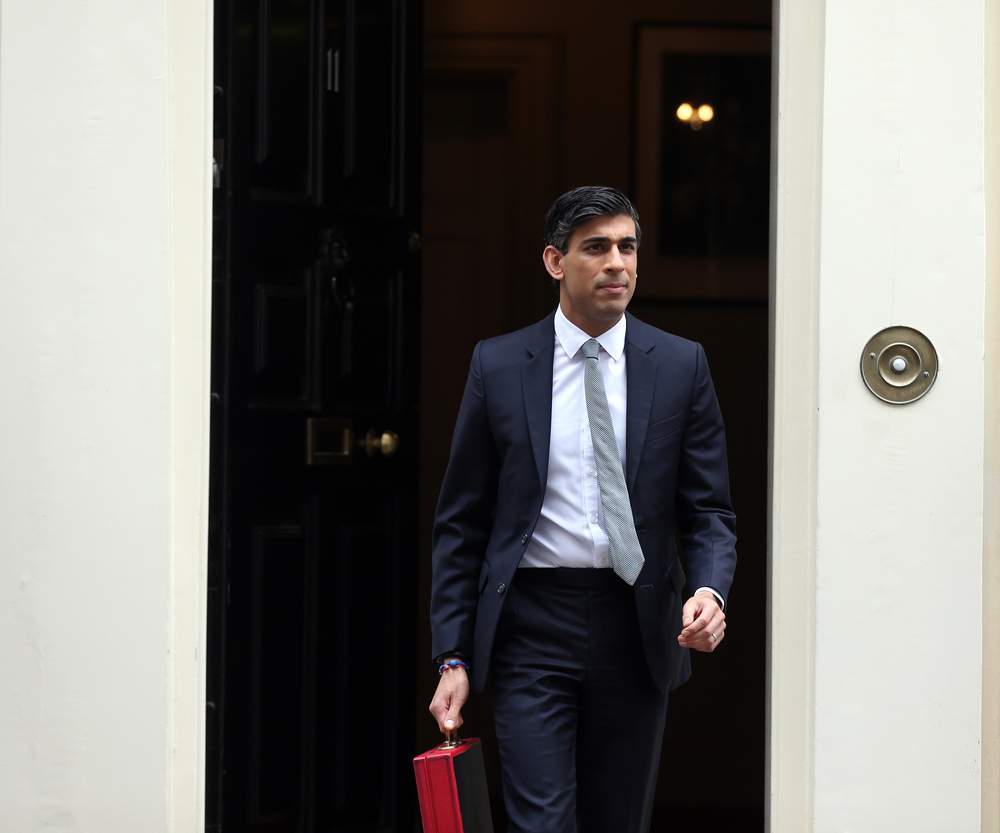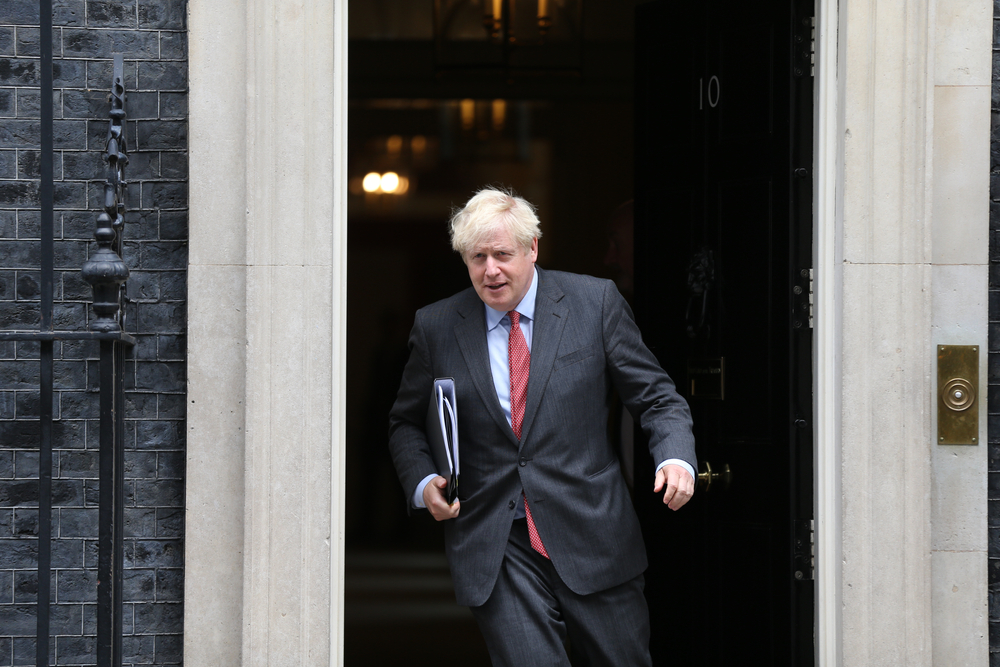This afternoon, Chancellor Rishi Sunak announced the immediate reintroduction of the Statutory Sick Pay Scheme for SMEs which previously ended at the end of September 2021.

As part of a series of measures being provided by the UK Government which are intended to support UK companies being impacted by the OMICRON outbreak of the COVID-19 virus, Rishi Sunak announced today that the Statutory Sick Pay Rebate Scheme for SMEs will be reintroduced with immediate effect.
Businesses with fewer than 250 employees will be able to claim back up to 2 weeks of Statutory Sick Pay (SSP) using the UK Government’s online service from mid-January 2022 but will be eligible to make a claim from now. Further guidance will be available on the UK Government website as soon as possible.
The scheme covers all types of employment contracts, including:
- full-time employees
- part-time employees
- employees on agency contracts
- employees on flexible or zero-hour contracts
- fixed term contracts (until the date their contract ends)
Different Deemed Incapacity Rules for SSP
The SSP deemed incapacity rules have been extended to cover those who self‑isolate in accordance with government guidelines and those who are shielding in accordance with a notification. SSP can be claimed from the first day of incapacity in respect of absences and online isolation notes can be used by employees to provide evidence to their employers that they have had to self-isolate.
Last week, the UK Government provided new guidance on what will amount to evidence of sickness for SSP purposes where the absence relates to COVID-19 following the introduction of new temporary rules on providing Fit Notes. See our previous update – New Temporary Rules on Fit Notes and Proof of Illness
 Advice on Settlement Agreements Employees
Advice on Settlement Agreements Employees Advice on Settlement Agreements Employers
Advice on Settlement Agreements Employers